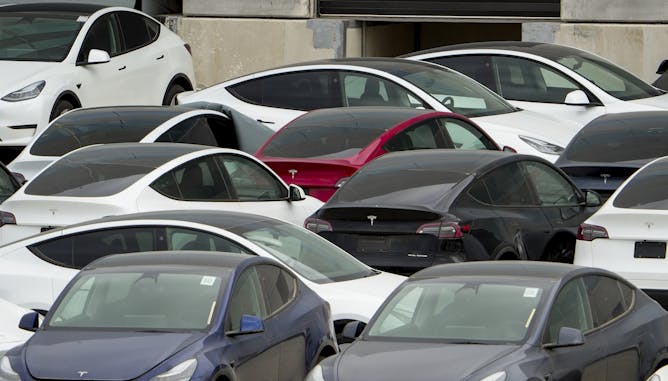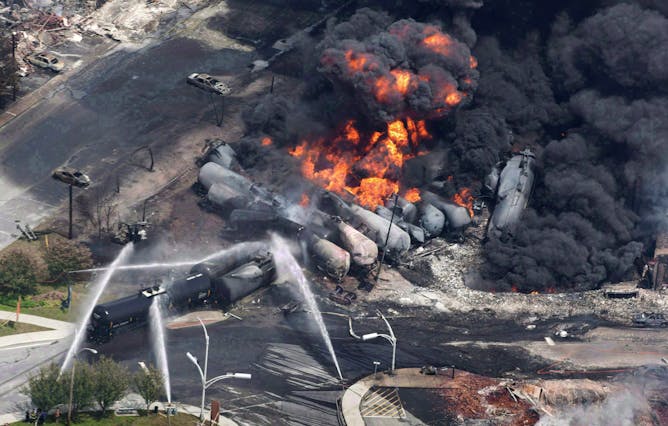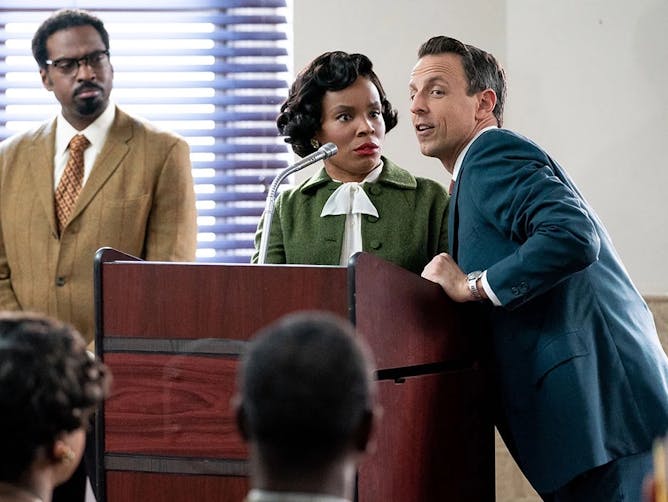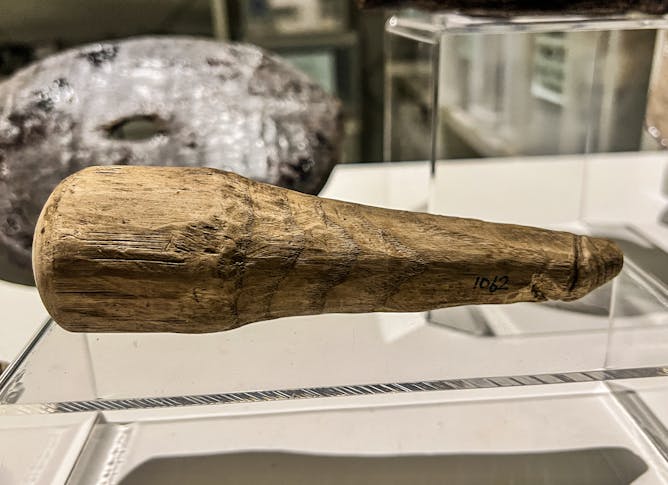|
Billions have been sunk into virtual reality software and hardware since 2017. Meta alone has pumped $36 billion into its metaverse and VR businesses since 2019. In order to make these investments worthwhile, the VR industry needs to achieve growth and become more sustainable.
Today in The Conversation Canada, Bree McEwan from the University of Toronto explains what the VR industry needs to do to achieve these goals — starting with unlocking VR's full potential.
At the moment, VR is still primarily used as a gaming device. But it has the potential to expand beyond the gaming industry into other areas. Social VR, where users can meet and interact with one another in a virtual world, is one such area.
For VR to expand outside the gaming industry, it needs to achieve something called interoperability. Interoperability would allow VR programs and applications to run on any VR hardware, not just a few select devices. This is one of the VR industry's biggest challenges, but it's the key to achieving the kind of growth the industry needs.
Also today:
|

While VR is still used primarily as a gaming device, it has the potential to move beyond the industry and revolutionize the way people interact with one another in the metaverse.
(Shutterstock)
Bree McEwan, University of Toronto
If the VR industry is to experience the kind of growth that will make it worthy of the billions of dollars that have been invested in it, we need to view the metaverse as public infrastructure.
|

Tesla recalled hundreds of thousands of its vehicles because of issues with their self-driving features.
(Jay Janner/Austin American-Statesman via AP)
Francesco Biondi, University of Windsor
Consumers need to be aware that none of the vehicles on the market today are actually self-driving — vehicles still require active supervision from a human driver.
|

Smoke rises from railway cars that were carrying crude oil after derailing in Lac-Mégantic, Que., in 2013.
THE CANADIAN PRESS/Paul Chiasson
Bruce Campbell, York University, Canada; Jennifer Quaid, L’Université d’Ottawa/University of Ottawa
The recent rail accident in Ohio is raising questions about who should be responsible for the aftermath of derailments. Residents impacted by a 10-year-old rail tragedy in Canada still want answers.
|

Protesters kneel in front of Surete du Quebec officers on Rideau Street in Ottawa on Feb. 18, 2022.
THE CANADIAN PRESS/Justin Tang
Jack L. Rozdilsky, York University, Canada
The Public Order Emergency Commission found that the Canadian government was reasonable in its invocation of the Emergencies Act, but this has implications for any future applications of the act.
|

Comedians Seth Meyers (far right) and Amber Ruffin (right) spoofed the ‘White Saviour’ complex in a fake movie segment on the ‘Late Night With Seth Meyers.’
Lloyd Bishop/NBC
Maïka Sondarjee, L’Université d’Ottawa/University of Ottawa; Dickson Kanakulya, Makerere University
White saviourism is simultaneously a state of mind and a concrete unequal power structure between the Global North and the Global South.
|

Le phallus en bois découvert sur le site de Vindolanda.
Courtesy of The Vindolanda Trust.
Jane Draycott, University of Glasgow
Les cordonniers romains de l’Antiquité avaient tout le temps, pendant les longues et sombres nuits hivernales, de s’adonner à des activités annexes… plus osées.
|
Arts
|
-
Joanna Nadin, University of Bristol
Let Dahl’s books be seen for what they are: things of the past, to be appreciated as such.
|
|
Politics
|
-
Frank Ledwidge, University of Portsmouth
Vladimir Putin’s planning for his ‘special military operation’ failed to take into account the Ukrainian people’s staunch defence.
|
|
Science + Tech
|
-
Tim Gorichanaz, Drexel University
Smartphone cameras tend to be more advanced than their clunky, point-and-shoot predecessors. But the allure of cameras from the early 2000s reflects a broader search for meaning.
|
|